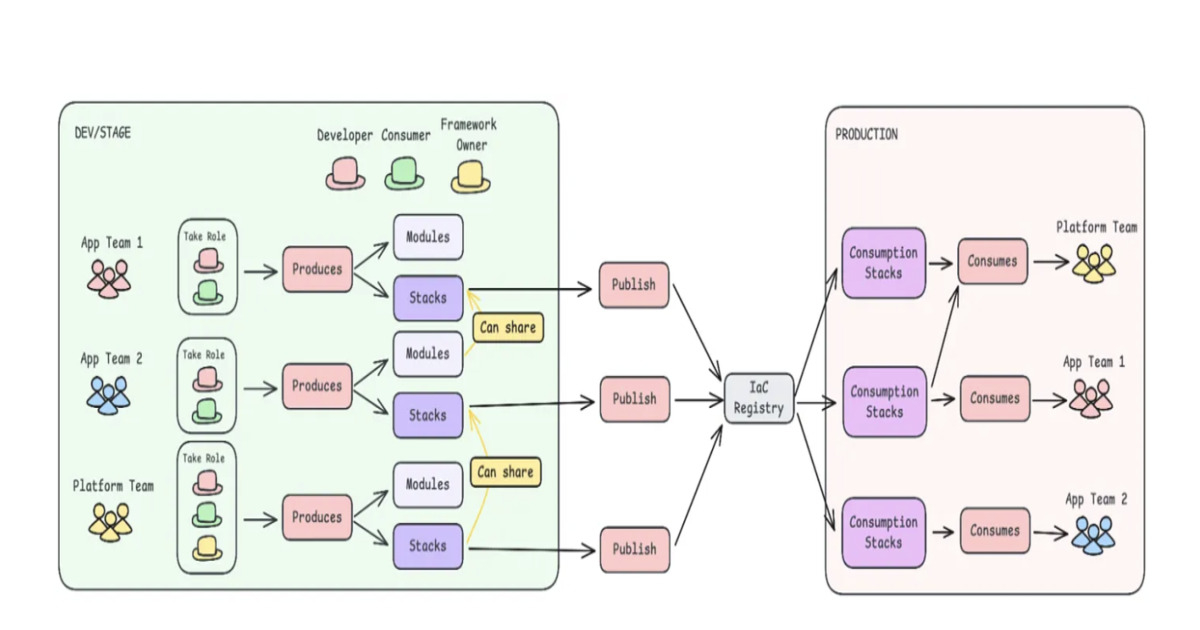Codetown
Codetown ::: a software developer's community
What's the difference between Grid computing and Cloud Computing
I don't clearly catch the difference betwenn these two concept. Someone told me that the essential différence is that the cloud computing give you a large space of storage and the grig give more advantages than storage, we can profit to much power with this last.
Does any one know more clearly these two concept; and tell us?
Tags:
Replies to This Discussion
-
Permalink Reply by Thomas Michaud on October 26, 2011 at 3:38pm
-
I don't claim to be the expert, but the difference is (I think) in use.
Grid represents a scalable framework. You write your algorithm and your code and use as much computing power as you wallet can afford. (Useful as some work can be highly parallelizable) .
Cloud computing offers storage (true) but it's also represents the applications as well. Ideally with cloud computing, you don't need to have certain applications on your desktop - as long as you can hit the cloud, you can get, update, and use your data.
-
-
Permalink Reply by Hervé-greg MOKWABO on October 26, 2011 at 3:49pm
-
Thanks thomas;
What I got :
Grid - much computing power and can be highly parallelizable
Cloud - Storage and dont need to have certain applications on your desktop ( that's just like server application?)
Someone can tell us more?
-
-
Permalink Reply by Bradlee Sargent on October 27, 2011 at 10:58pm
-
I think if you look at the history, you will understand some difference.
In my own experience, the grid began with Oracle using it as a type of metadatabase, which would point to multiple databases residing on different but uniform hardware systems. So if a company had multiple unix boxes and needed to increase the size of their database, instead of purchasing additional hardware they could implement the grid database and combine their multiple unix servers into one database resource.
Cloud is much more in terms of it offering not only a database, but also an entire server including the operating system.
The cloud exposes an operating system, whereas a grid exposes a database.
But I am no buzz word expert so I might be wrong.
-
-
Permalink Reply by Jackie Gleason on October 28, 2011 at 10:17am
-
I just talked to a buddy about this, essentially the Oracle Grid product is differant because it runs the DB in memory. So access times are a lot quicker. I don't think it is really a matter of Vs. so much as Grid computing is a way to handle db transactions in a faster way.
He said their grid servers had something like 72gbs of ram. Freaking crazy
-
-
Permalink Reply by Hervé-greg MOKWABO on November 29, 2011 at 10:33am
-
Please Bradley, wha do you think about Jackie's reaction?
-
Notes
Welcome to Codetown!
 Codetown is a social network. It's got blogs, forums, groups, personal pages and more! You might think of Codetown as a funky camper van with lots of compartments for your stuff and a great multimedia system, too! Best of all, Codetown has room for all of your friends.
Codetown is a social network. It's got blogs, forums, groups, personal pages and more! You might think of Codetown as a funky camper van with lots of compartments for your stuff and a great multimedia system, too! Best of all, Codetown has room for all of your friends.
Created by Michael Levin Dec 18, 2008 at 6:56pm. Last updated by Michael Levin May 4, 2018.
Looking for Jobs or Staff?
Check out the Codetown Jobs group.
InfoQ Reading List
From Central Control to Team Autonomy: Rethinking Infrastructure Delivery

Adidas engineers describe shifting from a centralized Infrastructure-as-Code model to a decentralized one. Five teams autonomously deployed over 81 new infrastructure stacks in two months, using layered IaC modules, automated pipelines, and shared frameworks. The redesign illustrates how to scale infrastructure delivery while maintaining governance at scale.
By Leela KumiliGoogle Publishes Scaling Principles for Agentic Architectures

Researchers from Google and MIT published a paper describing a predictive framework for scaling multi-agent systems. The framework shows that there is a tool-coordination trade-off and it can be used to select an optimal agentic architecture for a given task.
By Anthony AlfordGoogle Cloud Brings Full OpenTelemetry Support to Cloud Monitoring Metrics

Google Cloud recently unveiled broad support for the OpenTelemetry Protocol (OTLP) in Cloud Monitoring, marking a step toward unifying telemetry collection across its observability stack.
By Craig RisiAWS Launches Agent Plugins to Automate Cloud Deployment

AWS launched Agent Plugins for AWS, providing AI coding agents with specialized deployment skills. The initial deploy-on-aws plugin transforms workflows by accepting commands like "deploy to AWS" and generating complete pipelines with architecture recommendations, cost estimates, and infrastructure code. Supported in Claude Code and Cursor, AWS claims 10-minute deployments versus hours manually.
By Steef-Jan WiggersGoogle Enhances Node Pool Auto-Creation Speed for GKE Clusters

Google Cloud has optimised GKE's node pool auto-creation, significantly cutting "Time to Ready" for massive clusters. By improving control plane communication and request batching, GKE now provisions resources faster, rivalling tools like Karpenter. The update enhances scaling reliability and stability for high-volume AI and batch workloads, automatically rolling out across supported versions.
By Mark Silvester
© 2026 Created by Michael Levin.
Powered by
![]()